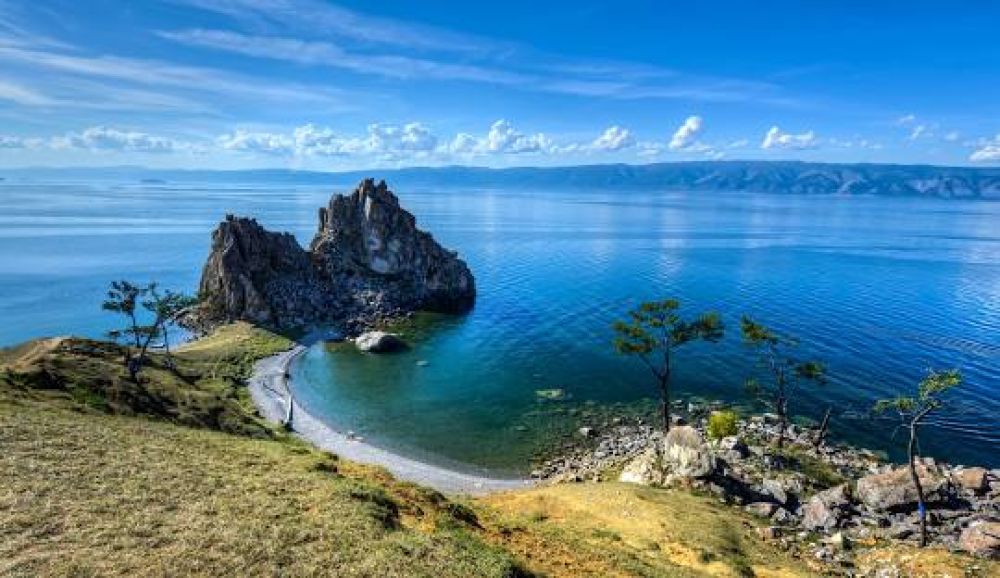

Lake Baikal, the world's deepest and oldest freshwater lake, is located in the Siberian region of Irkutsk, Russia. The area holds a special place in the hearts of nature lovers, adventurers, and cultural enthusiasts alike.
The history of tourism at Lake Baikal is closely tied to the Trans-Siberian Railway, which was completed in the early 20th century. With this momentous construction, Lake Baikal became accessible to visitors from across the globe. The first tourists were largely explorers, scientists, and a few adventurous souls fascinated by the lake's unique ecology, its indigenous peoples, and the rugged beauty of Siberia.
It wasn't until the Soviet era when Lake Baikal became a popular destination for domestic tourists. The Soviet government established several sanatoriums and holiday camps along the lake's shores, many of which are still in operation today. After the USSR's collapse, the region opened up to international tourism significantly, and infrastructures like hotels, tour companies, and transport services began to develop, catering to a growing global interest in the area.
Recognized as a UNESCO World Heritage site in 1996, Lake Baikal's pristine wilderness and biodiversity have become a major draw for ecotourists. Throughout the last few decades, a strong emphasis on environmental sustainability and ecotourism has been steadily on the rise. Visitors are drawn to the untouched nature of the lake and its surroundings, and local businesses increasingly support practices that minimize negative impacts on the ecosystem.
In recent years, experiential and adventure tourism have become increasingly popular at Lake Baikal. Summer activities such as hiking, cycling, and boat tours allow visitors to explore the lake's 2,000-kilometer shoreline and its many islands, such as the famous Olkhon Island. During the winter, the frozen surfaces of the lake become a playground for ice-skating, ice-fishing, and snowmobiling. Cultural tourism also plays a significant role – with the Siberian region offering rich traditions, festivals, and the enchanting hospitality of the local Buryat people.
However, with the increase in tourism, Lake Baikal faces challenges such as pollution and environmental degradation. Maintaining the balance between tourism growth and ecological preservation is a key focus for the local government and international conservation efforts. Looking to the future, sustainable tourism practices are essential for ensuring that Lake Baikal remains a unique and vital ecosystem and a remarkable destination for generations to come.
In essence, the history of Lake Baikal tourism mirrors the global trajectory in the tourism industry: from exploration and elite travel to mass tourism, followed by a current shift towards sustainable travel practices. As tourist numbers continue to grow, the goal now is to protect the very qualities that make Lake Baikal an extraordinary place to visit.